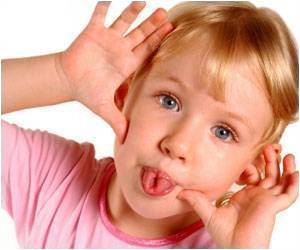It is important to understand which children (or families) respond better or worse to behavioral treatments to identify target groups for intervention more accurately.
To better determine which children can benefit more from behavioral treatments, a large database with a high number of participants is required.
A team of 33 researchers from around the world used a database developed under the Psychosocial ADHD INTerventions (PAINT) collaboration to study the effectiveness of behavioral treatment to be used.
Then, researchers reviewed the effects of behavioral treatment on more than 2,200 children with ADHD below the age of 18 included in 21 randomized controlled trials.
They also analyzed the effect on the children’s symptoms of ADHD, behavioral problems, and global impairment children experience in their daily lives.
The research showed that behavioral treatment for children with ADHD can help reduce attention problems, hyperactivity, impulsiveness, and behavioral problems; treatment also reduces how children experience functional impairment due to their behavior.
In addition, the researchers identified subgroups that respond differently to behavioral interventions. Children with conduct disorder symptoms accompanying their ADHD deteriorate without treatment. This is also true for children with more severe ADHD and children from single-parent families.
These findings emphasize the importance of direct access to behavioral treatment for children with ADHD who have more severe ADHD or conduct disorder symptoms, as it prevents deterioration of their problems.
Source: Medindia



